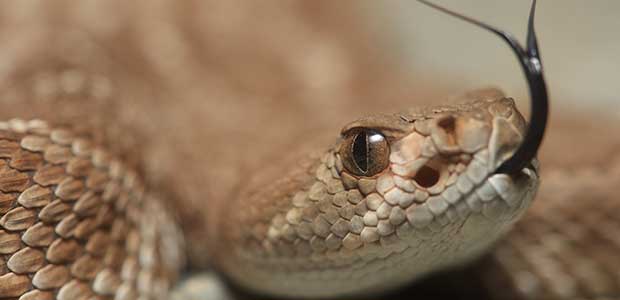
CDC Links a Salmonella Infection to Rattlesnake Pills
The CDC and the Kansas Department of Health and Environment have linked one person's Salmonella Oranienburg infection to taking rattlesnake pills.
- By Jessica Davis
- Dec 21, 2017
The CDC and the Kansas Department of Health and Environment have linked one person's Salmonella Oranienburg infection to taking rattlesnake pills. Rattlesnake pills, which contain dehydrated rattlesnake meat ground into a powder and put into pill form, are often marketed as remedies for various conditions.
Epidemiologic and laboratory evidence indicate that one person in Kansas became sick after taking rattlesnake pills purchased in Mexico. The ill person reported that taking rattlesnake pills in the week before getting sick. Whole genome sequencing, an advanced laboratory test, showed that the Salmonella that made the person sick matched the Salmonella found in rattlesnake pills from Mexico from an earlier, unrelated investigation.
Reptiles and their meat can carry Salmonella and make people sick. Past outbreak investigations have identified rattlesnake pills as a source of Salmonella infections in humans. CDC recommends speaking with your health care provider if you are considering taking rattlesnake pills, especially if you are in a group more likely to get a severe Salmonella infection.
People who are more likely to get a severe Salmonella infection include: People with weakened immune systems, including people who are receiving chemotherapy or have HIV; pregnant women; children younger than 5 years; and older adults. If you get sick after taking rattlesnake pills, contact your health care provider.
About the Author
Jessica Davis is an Associate Content Editor for 1105 Media.